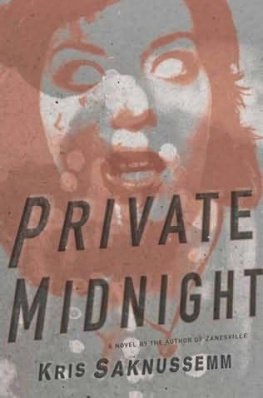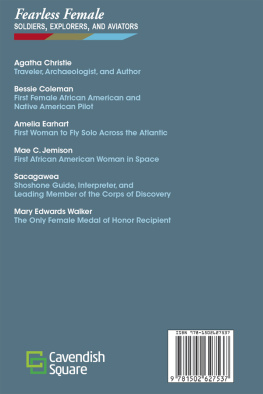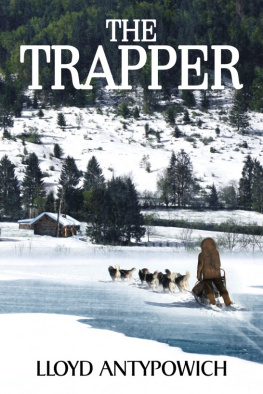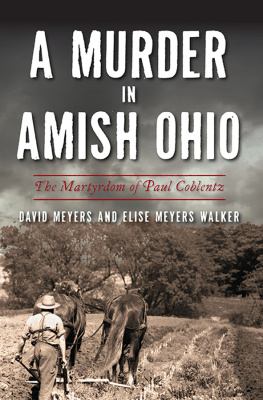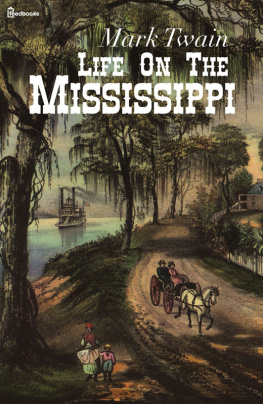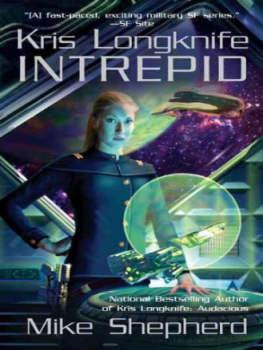
Kris Saknussemm
Enigmatic Pilot
2011
Revelation Creek, Dakota Territory, USA, 1869
A U.S. SEVENTH CAVALRY LIEUTENANT WITH THE UNGAINLY NAME of Mortingale Todd peered through his government-issue field glasses across the steep-sided flash of frothing ditchwater that on his still crude reconnaissance map had no name, and now seemed to be running much higher and faster than when he had arrived at the bank only moments before.
As a passable scout and a skilled surveyor, his attention focused first on terrain, and beyond the many thoughts that were passing through his mind-principally the threat of a Sioux arrow ripping through his gullet and the likelihood of ambush (just the concept of ambush)-he was forced to accommodate a very unsoldierish, or at least un-surveyor-like notion that the landscape he was confronting was changing before his eyes in a way that he could not quite pin down. How odd, Todd mumbled to himself (and whenever he used the word odd he was made uncomfortably aware of his name and memories of childhood heckling).
Rapidly rising ground always raises questions in a mapmakers mind, and the young point man for his division was beginning to get consciousness-raising ideas that he felt were unmanly and demonstrated the lack of internal discipline that his father, back in Turnip, Illinois, had warned most of their neighbors about.
Indeed, they brought to mind a whole tribe of concerns and speculations that he had been doing his young mans best to suppress. Most of these circled their horses around the question of what he and his unit were doing in such a beautiful but hostile place-which now seemed to him to be simultaneously dishearteningly barren and lushly blooming. What were they really doing?
On the surface, it appeared to be a scout mission for the United States government. Investigation of further routes for railroad development-Indian reconnaissance and possible negotiation and/or a show of military presence, if not force. He acknowledged in a loyal, simple soldier way that his outfits brief was not limited to one specific objective. General intelligence gathering would cover everything about the Dakota or Sioux peoples movements and mood (and numbers, of course), along with more information about the land itself. Better maps. More detail. Weather. Wildflowers, even. Maybe.
Of course, there was the implicit and inevitable goal of acquiring more land from the Indians, or at least more control of the land-for naturally there was not going to be any more land made. Who could do that? He accepted this underriding purpose for sending organized military forays into the frontier. To push the frontier west and, ultimately, to dissolve the barrier. This was the infest destiny of America.
But then there was the shadowy factor of the organization calling itself the Behemoth Mining Company, which young Todd did not warm to at all. Back at the fort it had been undeniable that there was some relationship in play with this body, and he could not help but wonder what the true nature of it was and how the chain of command was supposed to work. Acting on behalf of such an enterprise seemed to run counter to his understanding that he was in the employ of the U.S. Army. If the Seventh Cavalry could be dispatched to represent the interests of a private mineral consortium, what other errands were his comrades in arms running-what other fortunes were they protecting? It niggled at his Turnip-born sense of the sovereign independence of his government. It made his government feel less his.
There were also the rumors-rumors not just about gold but also about some other kind of mineral hidden in the Black Hills. He had heard one of his cohorts in the mess tent muttering about a meteorite mountain just waiting to be dug up under the buffalo wheat. Other whispers suggested that it was not a mineral at all that they were seeking information about but some living thing that had not yet been described. Todd did not like this kind of talk. He felt it was not good for morale, especially his own. Unsubstantiated scuttlebutt about some unearthly substance sought after by a mining giant or some kind of creature unknown to science were not among the reasons he had joined the military.
Much worse than these stray yarns and tomfooleries, however, were some of the other things he had heard mumbled under the canvas of the latrine, between bunks, and under saddle cinches-vague, meandering remarks about things that had been seen and experienced, things that never were and could not be. Unnatural lights and sounds. Things.
But what outright got his goat were the scenes and interceders that he had himself witnessed. Of what tribe, for instance, were the supposed scouts who had arrived so late that night at the fort? They looked like none of the native peoples he had seen in the Territory, or anywhere else for that matter. He could not help but wonder what region they were native to. And what had become of the men-some of whom, presumably, were fellow soldiers, as well as mountain men and lone trappers-who had observed the strange phenomena sufficiently directly to report it, if only in dry, desperate whispers?
And why in Gods name was this area not better mapped already? From the point of view of his particular skill, this seemed the most unexplained matter of all. Cavalry divisions had been passing through for years-hired Indian trackers and raiders, outriders for the railroads, hunters working for the government, ant lines of brave and greedy settlers, prospectors, renegades, religious pilgrims, and certainly a few small teams of well-armed scientists. How else had the mining companies formed any plans? By all the rights of reason, he should have been braced in the saddle holding a much more detailed and accurate map.
Pleased initially as he was to have some sense of discovery and a chance to demonstrate his capability, it seemed outrageous to him that he had no more than what amounted to a stick-in-the-dirt scrawl that had been acquired not from a past scout mission or any approved federal expedition at all but from a saucer-eyed man he guessed had been a deserter in the War Against the South and had fled North and West to live with mountain lions and night spirits-whatever could stand his stink. That the wretched fellow had expired on the armory floor of the now distant fort at the end of some sort of epileptic fit shortly after unwrapping the sweat- and whiskey-stained excuse of the map did nothing to inspire further confidence.
No, there was something not right about all this. Something was at work in this region, between the Badlands and the Black Hills, that did not follow the pattern he had been accustomed to. Before he had crested the rise and come upon the creek, which was not where it should have been according to the map, or anything he knew about topography, he had had a creeping intuition that there was some presence in this area that posed a far more dangerous threat than any Indian war party.
Now, staring with rock-hard pupils through his binoculars into the wave of subalpine early-summer gaseous green snow grass, he knew with a solar plexus-compressing pressure that he was right. As his old chum Claudius Speerwort back in Turnip would have said, he was shit certain.
But before we consider what it was in his binoculars that had brought his gastrointestinal system so to the fore (and there is nothing quite as paralyzing-except perhaps a stroke, a heart attack, momentary blindness, or a pulmonary seizure, all of which he felt were impending), we need to understand that he was not just some young upstart in a stiff blue uniform a long way from the nearest outpost of encroaching civilization.
Next page

